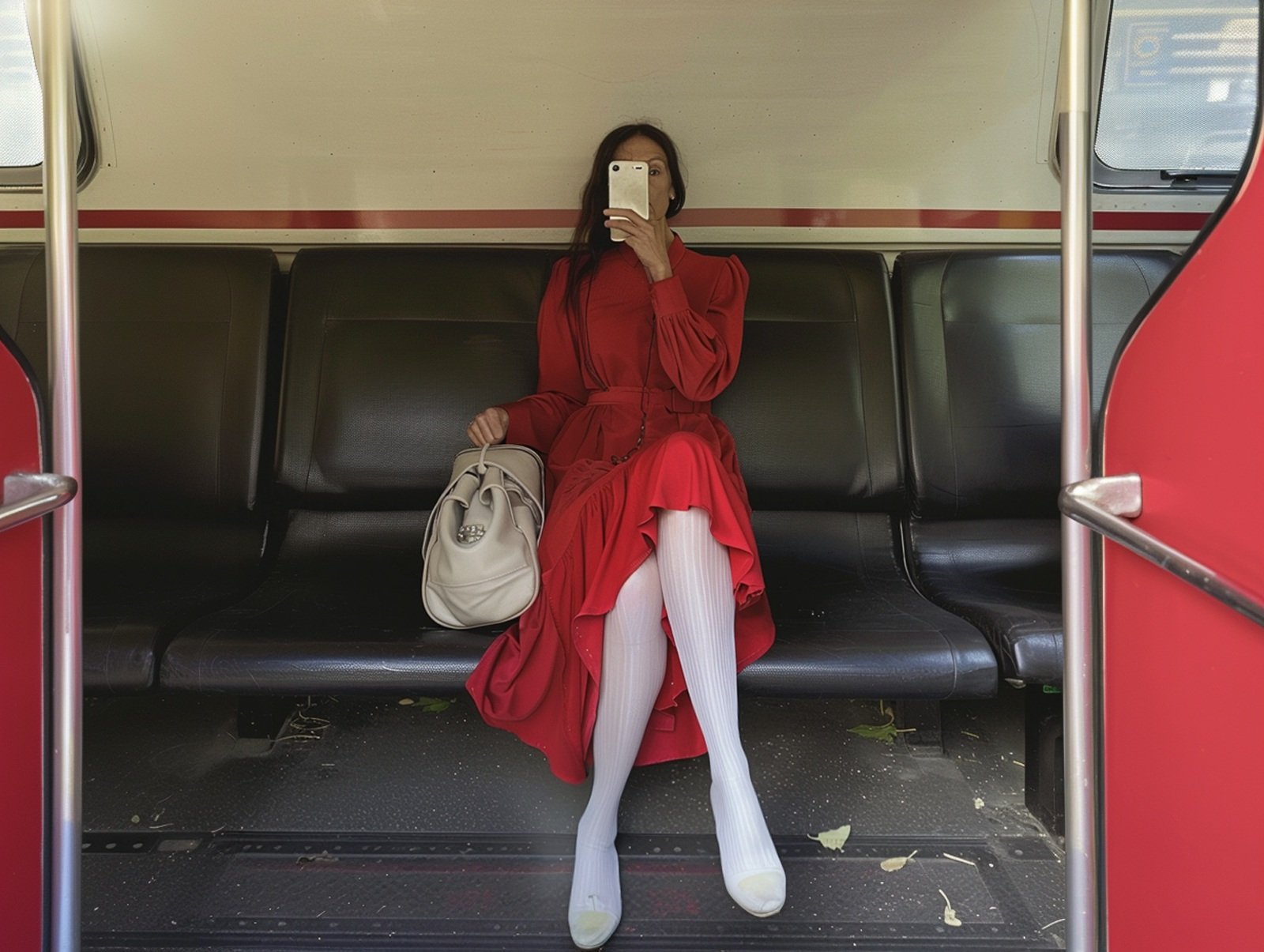EARTHEATER
On Powders, there’s an unmistakable theme of emotional alchemy — the disintegration and eventual transformation of personal experiences. Each track feels like a shift in both the inner landscape and external circumstances, a deliberate act of breaking things down and putting them back together, albeit with a new form.
The metaphor might seem vague at first glance, but the deeper you go into the music, the clearer the intention becomes. This is music that evolves, that mirrors life’s most subtle processes of deterioration and rebuilding. It’s a refusal to accept things as they are and a choice to force change — to take the mortar and pestle and manipulate, reframe, and recalibrate emotions, situations, and relationships.
Your latest album "Powders" looks into breaking down substances to their molecular state, allowing for new creations. Can you share a specific moment during the creation of this album where you felt this alchemical process happening in your music?
It’s about breaking down emotions, situations, and relationships that slowly evolve and deteriorate over time. It’s embracing that deterioration, but also, at times, forcefully choosing to alchemize it—taking the mortar and pestle to a situation and mixing it up. It’s a vague metaphor, I admit, and it’s hard to describe exactly what I mean, but I think the songs convey it better.
There’s a lot of emotional chemistry in your music—it feels very real and tangible. Your music has evolved significantly over the years, from being experimental at the beginning to now having a more cinematic approach. How would you describe the evolution of your work?
I think I initially started writing songs similar to what I’m doing now, but it was difficult to find a welcoming environment. Pop music is hyper-competitive, and there’s a certain attitude in the industry, especially in New York, that I found distasteful. Pop music is very adjacent to fame, and that wasn’t something I was interested in—I was more interested in community. That’s what drew me to experimental music; it offered a more intimate environment.
I also wanted to learn about sound. When I was 18, I went into studios, and though people recognized that I could write good songs, I didn’t want to be just a puppet. I wanted to understand the entire process, from how sound is synthesized to organizing electronic and acoustic sounds.
The experimental scene allowed me to develop those skills—learning how to play a synthesizer, use a drum machine, or even solder modular equipment. It was intimate, it was cute, and it had a sense of community. By the time I was 19 or 20, I was touring, learning on the road because I wasn’t good in school. That was my university.
The album closes with "Salt of the Earth (H20me)," a deeply personal piece featuring an old recording of you playing music with your family. How has your background and family influenced your musical journey, and what was it like revisiting and integrating this recording into your new work?
That was an iPhone recording of me, my mother, and my brother playing together 10 years ago. I used to listen to it as a comforting thing, never intending to release it. But something about this album made me feel like I had to include it. I even added some vocals to it, which was kind of cool.
In recent years, we've seen you featured in many fashion editorials. How would you describe your relationship with fashion?
I just love creativity. When I build these worlds and fantasies, I want to touch every part of the reality I’m creating. Fashion is a crucial part of that. Building relationships with people who create amazing clothes was a natural, organic process that became real, and I’m super grateful for it. It’s a really fun world to be part of.
In my opinion, what you’re doing in both your style and your music is revolutionary. You’re connecting a lot of dots in a way that feels new and meaningful.
Thank you, I really appreciate that. I think it’s because I get easily bored with things and crave meaning and substance, whether it’s in clothes, food, furniture, relationships, or anything else. Integrity is important to me. In my work, it’s crucial that it has substance because if I’m going to sing these songs for the rest of my life, they need to stand up to that.
Coming back to Rome, on May 29th it was an incredible event created by Visioni Parallele. How did you collaborate with them, and what were your feelings about the event?
I usually don’t pay much attention to the graphic design or promotion of events, but I remember seeing the promotion for this show and being impressed. They chose the best photos, framed everything beautifully, and the graphic design was lovely. I knew it was going to be a really cool, symbiotic experience.
Do you think Italy might be fertile ground for your music? What’s your experience with Italian audiences? Are you excited about the Milan live on the 30th?
I love Italy, but I love touring everywhere. People often ask me my favorite place to tour, and I say I don’t have one. Each place illuminates the others. I love the contrast of cultures I encounter. Italy’s passion and history are fascinating, with incredible historical remnants and fascinating cultural details, like how tomatoes, now central to Italian cuisine, originally came from America.
Culture is beautiful, and I’d say the passion of Italians is my favorite thing. My father is from Russia, where there’s also a passionate culture, aside from the politics, which I don’t agree with. But I do love amazing art, passion, culture, and emotions—especially not being afraid of emotions.
Photography by MATTEO STROCCHIA
Photography by MARCO SERVINVA
Interview by DONALD GJOKA
What to read next












